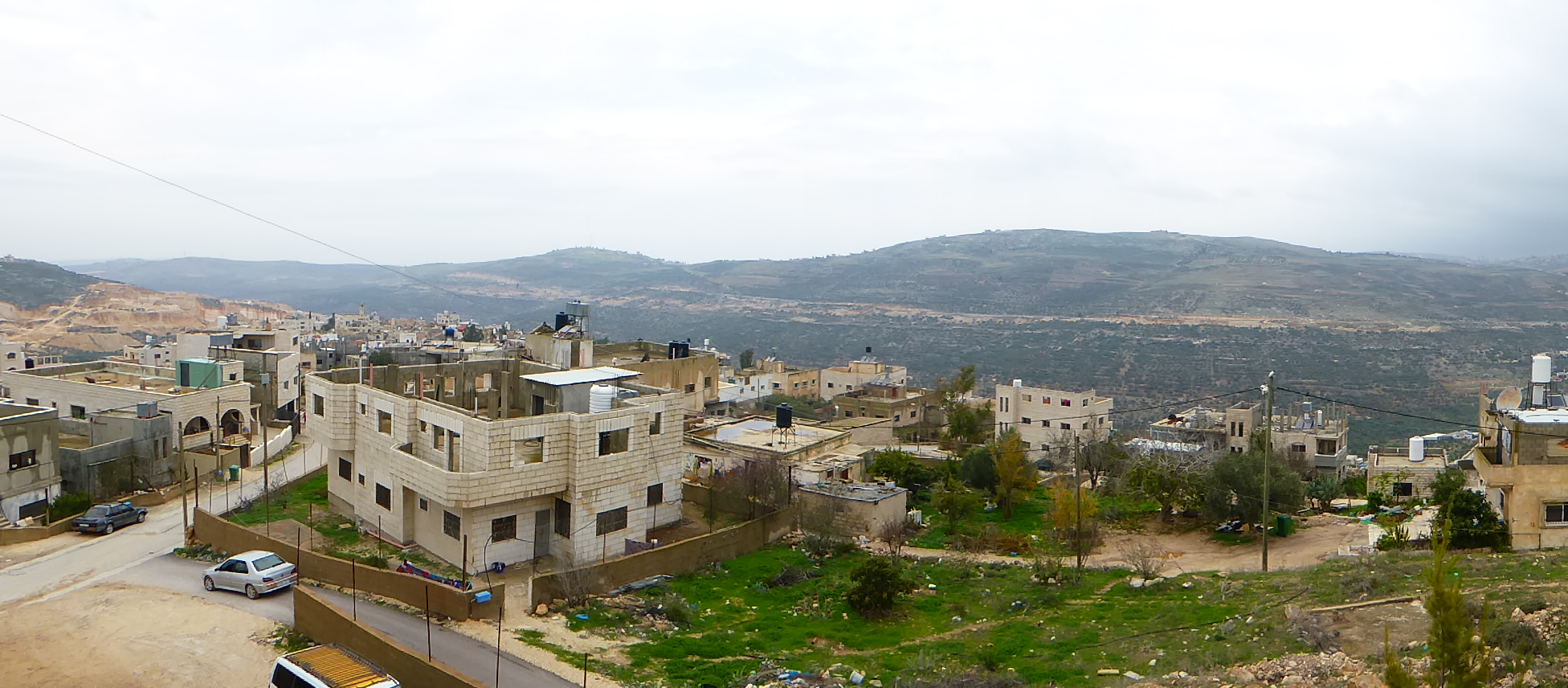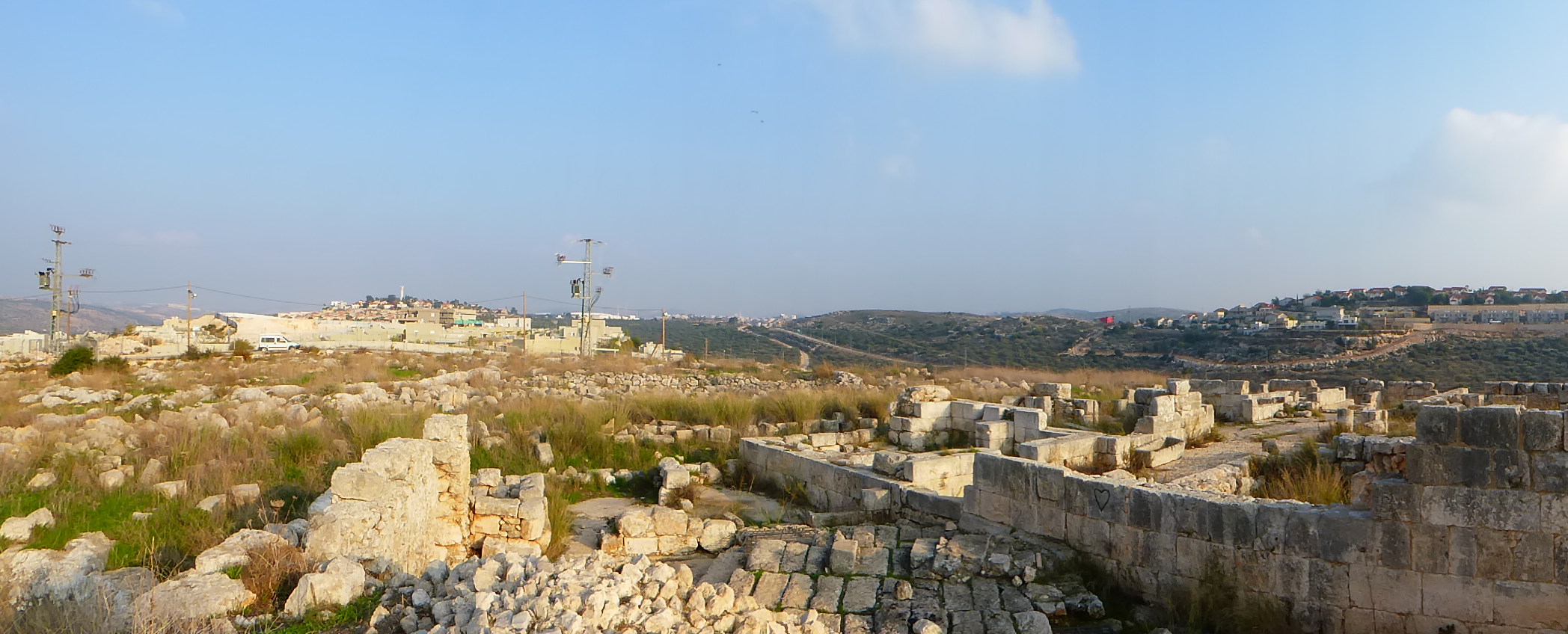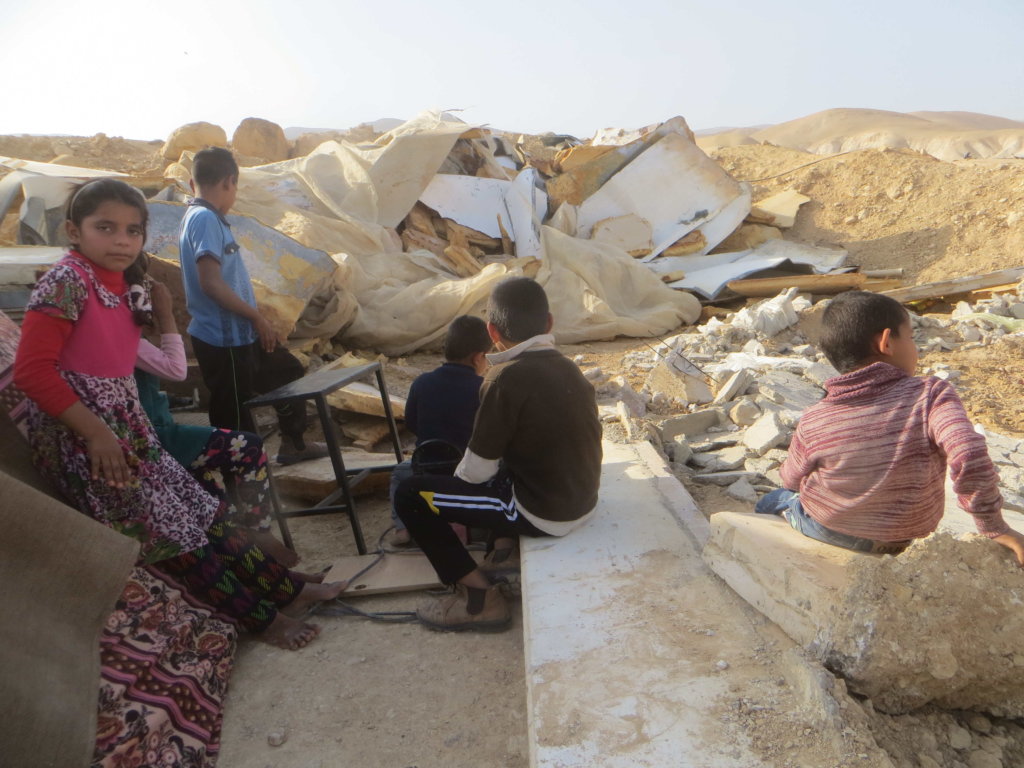Category: Reports
-
The slow genocide of Palestinians continues in Asira Al Qibliya
13th December 2018 | International Solidarity Movement, Nablus Team | Asira Al Qibliya, Nablus, occupied Palestine “This is the line,” Oussam Khalifa Ahmad illustrates as he takes us on a tour of his threatened land. “We are now passing into (Area) C.” Depending on where you look, some of the land has already been stolen.…
-
Insidious colonial strategy
7th December 2018 | International Solidarity Movement, Nablus Team | Deir Samaan, Salfit, occupied Palestine In the area of Salfit, harassment by settlers is a regular occurrence. They come to the villages, often late at night, to graffiti messages of hatred, and also vandalize cars and property. New settlements are being established frequently and are…
-
The ethnic cleansing of Palestine continues in Fasayil
5th December 2018 | International Solidarity Movement in coordination with Jordan Valley Solidarity, Nablus team | Fasayil al Wusta, Occupied Palestine The ethnic cleansing of Palestine continues. Dunum by dunum, village by village, house by house, the people of Palestine face a slow, systematic genocide in their homeland. Two houses were demolished in the south…



